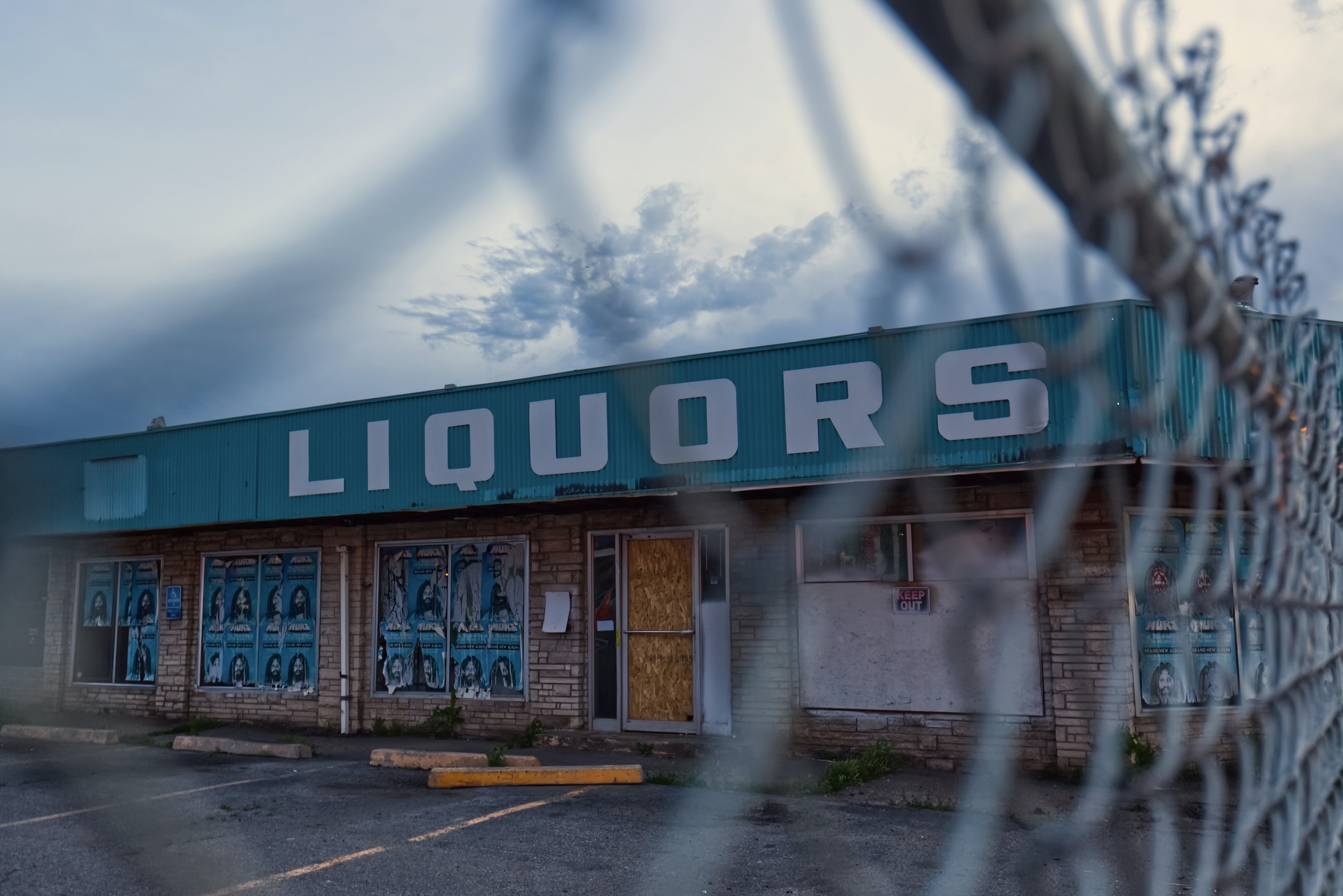What Exactly Is Relapse?


Relapse occurs when an individual uses drugs or alcohol after a period of abstinence. Recognizing the signs of relapse are key to preventing them.
When an individual with a previous history of drug addiction is in recovery (or has been abstaining) starts using the same substance again, it is known as a relapse. Basically, it’s the resumed use of an addictive substance after it has been given up for a period of time.
What Is Post-Acute Withdrawal Syndrome (PAWS)?
Post-acute withdrawal syndrome (PAWS) is not one disorder but a set of impairments that can be experienced by individuals weeks and even months after completely abstaining from an addictive substance. There are other common names for the condition, such as protracted withdrawal syndrome, post-withdrawal symptom, or prolonged withdrawal symptom.
The condition has most frequently been noted in individuals recovering from the use of opioids and alcohol. However, it has also been seen in those recovering from certain psychoactive substances as well. PAWS has a few characteristic symptoms like those observed in patients of some sleep, mood, and anxiety disorders.
How Is PAWS Linked to Relapse?
The severity or nature of PAWS can range from mild to severe depending upon the substance the individual was addicted to and the number of years they remained addicted to it.
A simple way of explaining the syndrome would be the brain’s attempt to correct all the chemical imbalances that took place within the nervous system during the phase of active addiction. The manifestations of this correction can often, if they are severe and unbearable, lead to relapse.
What Are Some of the Known Triggers of PAWS and Relapse?
Two of the most common triggers of PAWS and eventual relapse include stress and familiarity. The latter is brought on by being exposed to the same situations, locations, objects, and even people that remind the individual of the active addiction phase. This, in turn, can put the mind and body under a great deal of stress. Stress, however, can occur independently, too, due to other, newer circumstances.
What Are the Known Symptoms of PAWS?
Relapse is directly linked to PAWS, which is why it is crucial to understand the nature and symptoms of the condition. Individuals who have successfully recovered from their addiction frequently describe the effects of PAWS as like a rollercoaster: there are multiple waves of “ups and downs” which can be experienced months after the last known use of the substance.
Some of the most prominent symptoms of the condition include:
Cravings and unusual urges
Disturbed sleeping patterns, often accompanied by vivid dreams or episodes of insomnia
Lethargy and fatigue
Inability to focus on conversations, decisions, and ideas
Trouble recalling memories
Fine motor coordination disturbances
Frequent mood swings
Panic attacks or episodes of anxiety
Depression
Extreme sensitivity to specific situations and conversations
Stress
The 3 Stages of Relapse
Recognizing the three stages of relapse can help individuals determine whether they are headed towards using substances again or not. Catching relapse in the first two stages, also known as emotional and mental relapse, can help prevent the third stage: physical relapse.
The three stages of relapse include:
#1. Emotional Relapse
Emotional relapse occurs long before the individual even thinks about using drugs. This stage includes the rise of negative emotions such as irritability, anxiety, or anger.
Overwhelmed by these feelings, individuals abandon their newfound coping mechanisms and strategies, which in turn lays the groundwork for an eventual return to drug use.
#2. Mental Relapse
During this stage, individuals actively consider the idea of using again to relieve their emotional distress. At first, it may simply start as reminiscing, thinking back to previous times of drug use. However, this quickly evolves into romanticizing, rationalizing, or even pondering the logistics of resuming drug use.
#3. Physical Relapse
Physical relapse is the final stage in which drug use occurs.
How Many Times Can Relapse Occur?
There is no set number of relapses that can or should occur to determine when a person can walk out addiction-free. However, with research and studies conducted all over the world, there are a few statistics that can help us understand which individual is at a greater risk of relapsing and how frequently.
For instance, there is a 60% chance of individuals suffering from alcoholism relapsing within the first year of recovery. This percentage drops to nearly half after the person has spent two to three years in recovery or a treatment center.
After five or more years in recovery, the chances of relapse drop to a mere 15%. It is vital to remember these numbers are statistics and are not meant to discourage individuals from stepping into recovery centers.
It is also important to remember that chronic substance abuse is a medical condition, much like cancer. The latter also relapses even after multiple therapies and treatments have been given to the patients. The key is to keep fighting and focus on the bigger picture: a substance dependency-free life.
Relapse, especially when it has already happened a few times, can seriously shatter an individual’s confidence and will to fight. It is, however, part of a journey that contains many ups and downs but leads the way to a better, healthier, and happier life.
If you have a loved one struggling with addiction, our team at The Forge Recovery Center is always here to help. Based in Orange County, CA, The Forge Recovery Center is a drug and alcohol rehab provider which establishes strong foundations for long-term drug and alcohol recovery for you or your loved one
Take the first step towards recovery today with The Forge.
Are You Struggling with Mental Health or Addiction?
We Can Help. Call Us Now!
CALL: 877-839-1772





